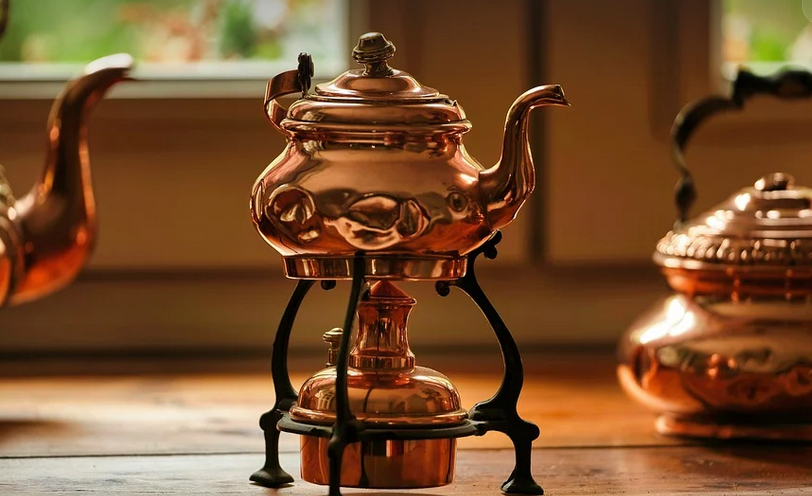
How Long Should A Bottle Of Whiskey Last?
Unlocking the Secrets of Whiskey Longevity
So, you’ve just uncorked a beautiful bottle of whiskey, ready to savor its complexity and rich flavors. But before you pour yourself a glass, you might be wondering: how long can this lovely liquid truly keep its magic alive?
While every bottle has its own unique story waiting to unfold, there are some general guidelines that will help you navigate the world of whiskey aging. We’ll dive into the science behind it all, explore storage tips, and offer insights from experienced enthusiasts.
**Understanding the Magic of Aging:**
At its heart, aging is about transformation. The journey taken by whiskey as it ages involves a fascinating interplay of time, environment, and chemistry. As the liquid interacts with wood barrels, it undergoes a process called oxidation.
This oxidation triggers chemical reactions that mellow out the bold flavors of the initial spirit. Imagine a symphony orchestra where each instrument plays its part, blending together to create something truly unique.
**The Art of Aging:**
Whiskey’s journey through barrels is a gradual process, and how long it takes depends on the type of whiskey and its intended style:
* **Scotch Whisky:** Known for their complexity and depth, Scotch can age anywhere from 3 to 10 years in oak barrels. The longer they age, the more delicate flavors emerge, often with a hint of smokiness or peat.
* **Bourbon & Rye Whiskey:** These American whiskeys rely on heavier charring of their barrels, leading to a bolder flavor profile. Expect them to age anywhere from 4 years for Bourbon to 6 for Rye.
* **Irish Whiskey:** This style often uses lighter oak barrels, resulting in smoother and more delicate flavors. They tend to age somewhere between 3 to 5 years.
**Factors that Affect Longevity**
Beyond the type of whiskey, several factors determine its aging lifespan:
* **Barrel Wood:** The quality of the oak barrel plays a crucial role. American White Oak is most popular for bourbon and rye due to its smooth texture and flavor. European Oak tends to impart a more subtle influence on flavor profiles.
* **Storage Conditions:** Temperature, humidity, and air circulation play vital roles in maintaining whiskey’s quality over time. Excessive heat or lack of proper ventilation can cause oxidation or even deterioration of the spirit.
* **Bottling Technique:** The way a bottle is sealed is crucial for preserving its integrity. Proper closure prevents evaporation and preserves the whiskey’s taste.
**How Long Should You Keep Your Whiskey?**
This brings us to the crucial question: how long should you keep your favorite bottle of whiskey?
A general rule of thumb is 2-3 years for most everyday whiskeys. For those seeking a more intense flavor journey, allowing your whiskey to mature for another year or two can unlock its fuller potential.
However, there’s no hard and fast rule. The beauty lies in the personalized experience, letting you choose the time frame that best suits your palate and adventure.
**A Few Bonus Tips:**
* **Take Notes:** Keep track of your bottle’s date of purchase and tasting notes. This helps you observe any changes over time. * **Enjoy It!** Don’t be afraid to enjoy your whiskey early on. You can always keep a few bottles for aging. The magic often unfolds in the first sip.
**Final Thoughts:**
The journey of aging is an artistic endeavor, and each bottle holds a unique story waiting to unfold. Remember that time and proper care are your best allies in this adventure. With patience, your whiskey will become a treasure you’ll want to savor for years to come.